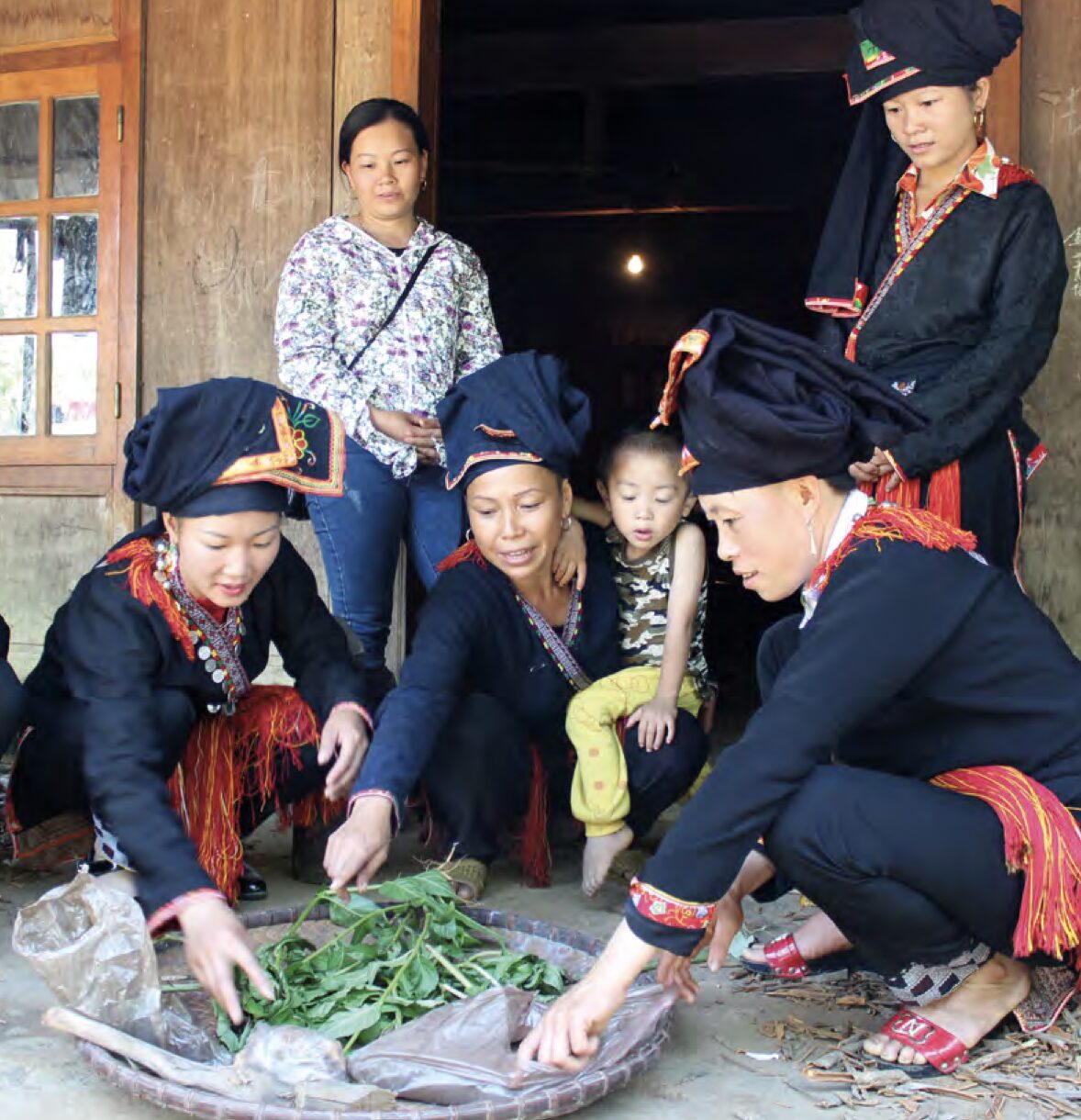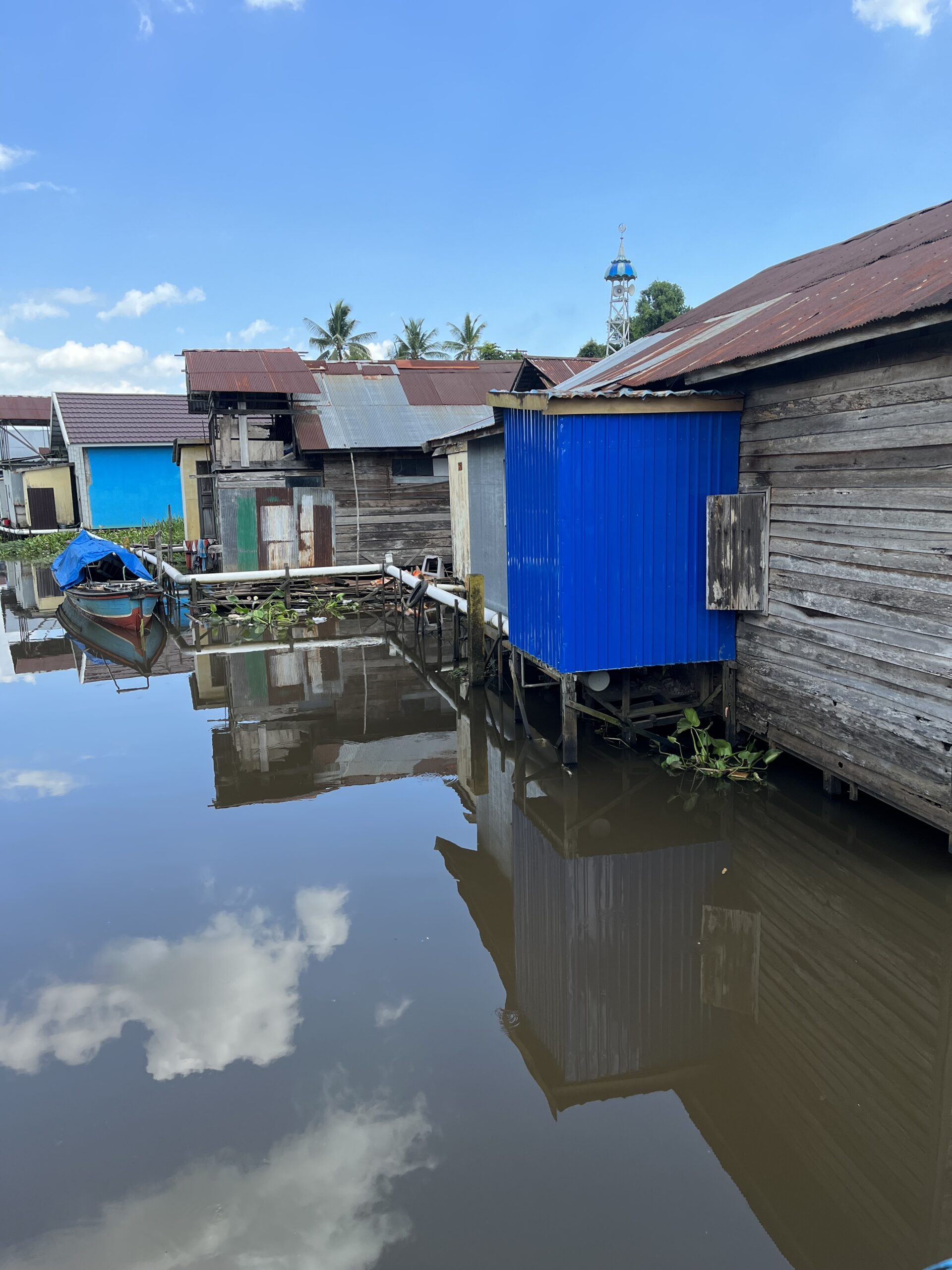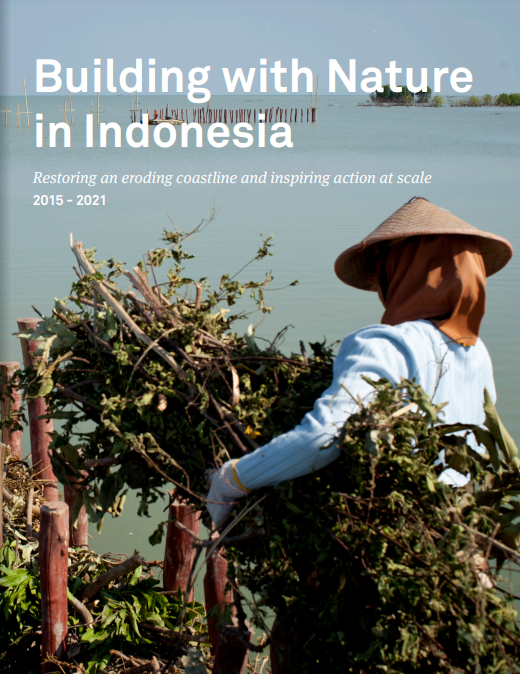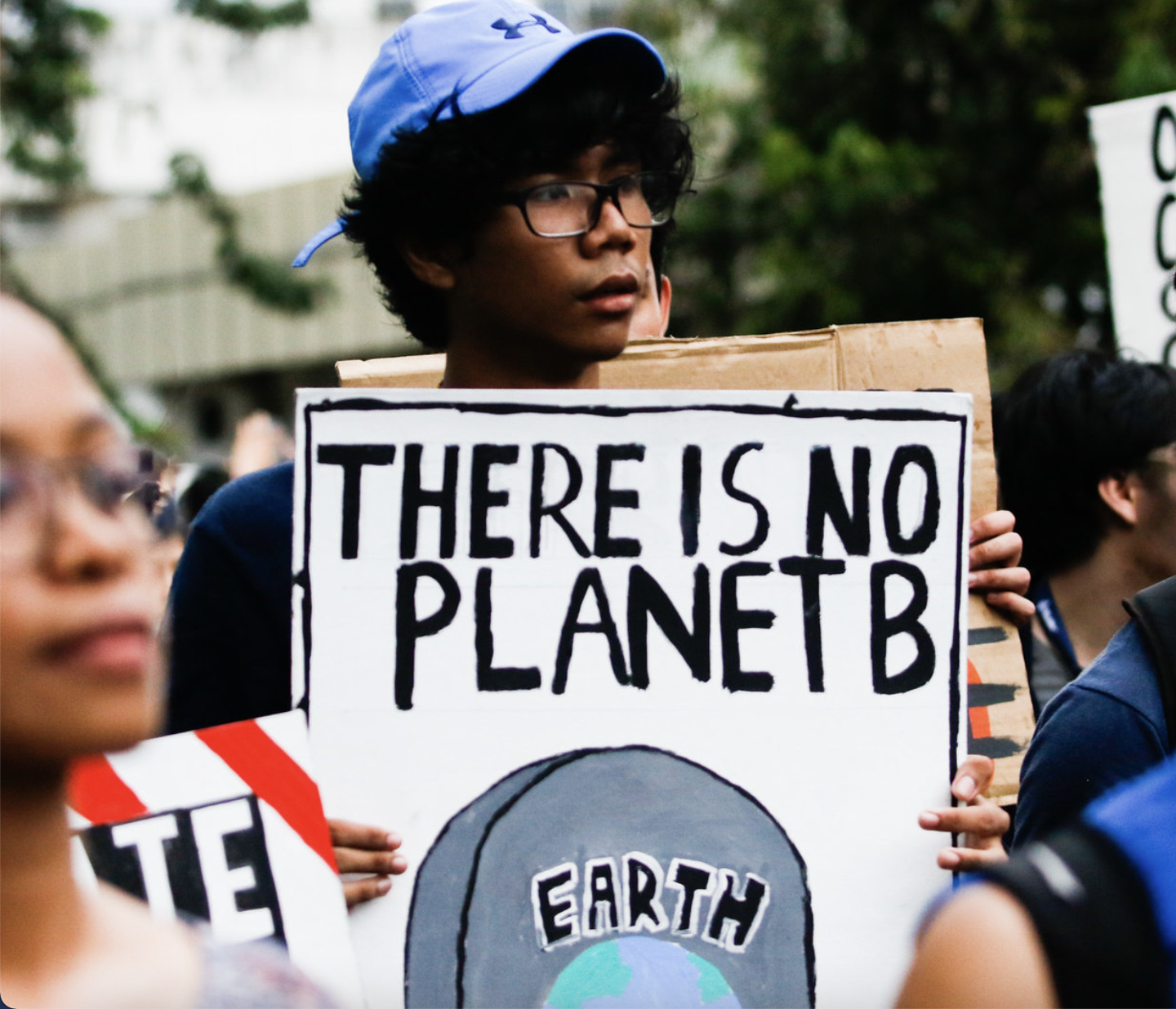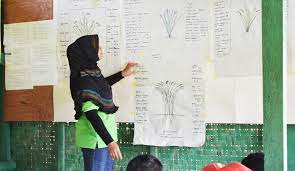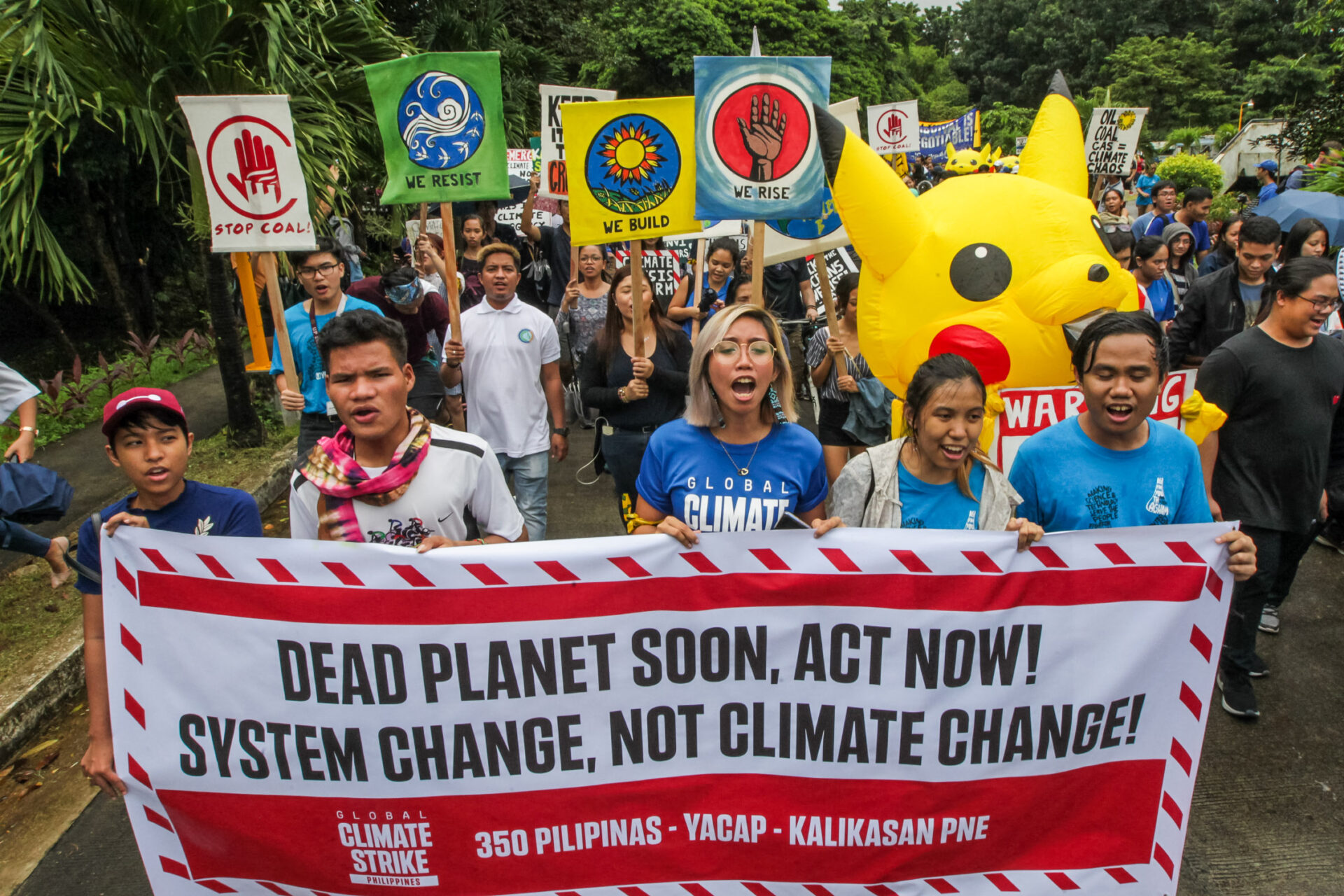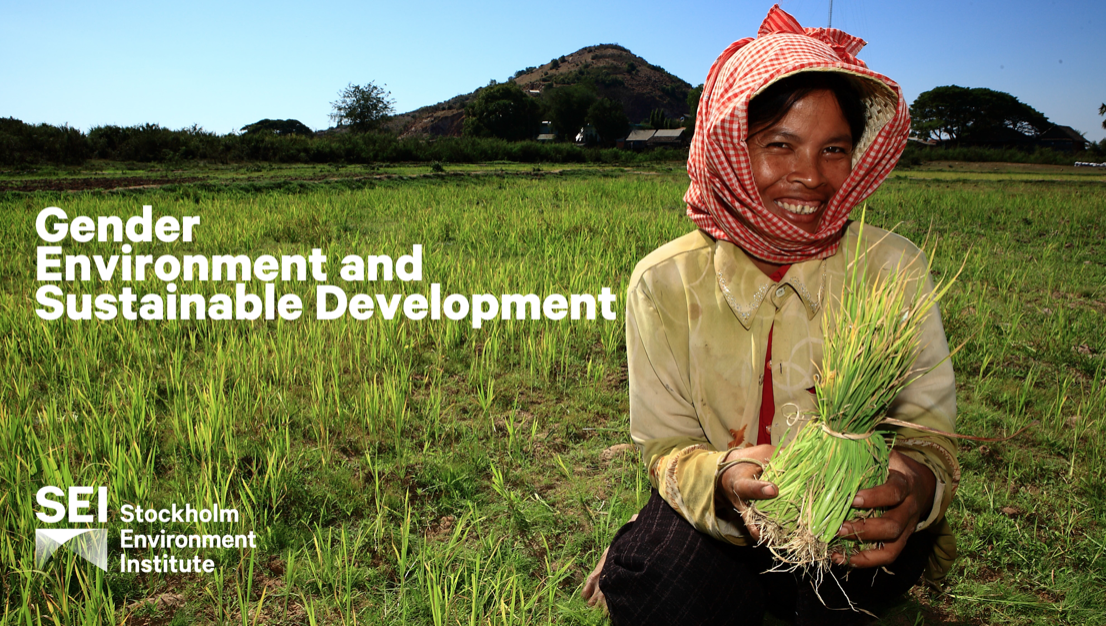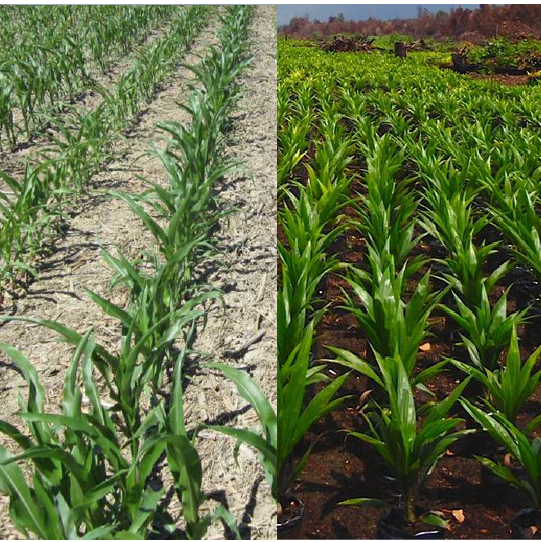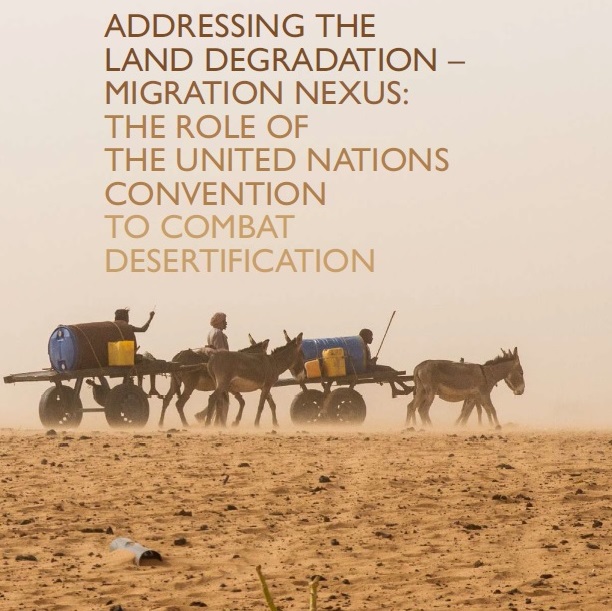Indonesia
Nationally Determined Contributions in Asia: Are governments recognizing the rights, roles and contributions of Indigenous Peoples?
This report synthesises the findings from 10 country-level reports which examine how the rights, roles and knowledge of indigenous men, women, youth, and persons with disabilities are addressed in national-level climate policies and plans.
Coastal climate impact analysis and sanitation hazard assesment framework
In low- and middle-income countries, current urban sanitation services often struggle to safely contain and treat human waste for a variety of reasons. Sea level rise and the associated increase in storm surges will add further complexity to urban sanitation service planning in these settings. Planning for sea level rise is needed to ensure the future reliability of these services and can be a catalyst for upgrading neglected sanitation services.
This handbook provides stepwise guidance for facilitating authorities responsible for citywide sanitation services to develop an adaptive action plan for ensuring the resilience of their city’s sanitation services to the impacts of sea level rise.
This handbook provides stepwise guidance for facilitating authorities responsible for citywide sanitation services to develop an adaptive action plan for ensuring the resilience of their city’s sanitation services to the impacts of sea level rise.
Building with Nature in Indonesia: Restoring an Eroding Coastline and Inspiring Action at Scale
Learn about a landscape scale implementation of the Building with Nature approach to restore the eroding mangrove coastline in Demak, Central Java, Indonesia, while simultaneously revitalising aquaculture.
ArcGIS StoryMap: Young people are shaping climate change and health action
This ArcGIS StoryMap shares the stories of youth leaders and the challenges they face in climate change and health action across Ethiopia, Kenya, Senegal, Vietnam, Indonesia and Bangladesh.
Climate-Smart Land Use Insight Brief No. 3- Climate services to support adaptation and livelihoods
Bottom-up engagement is needed in shaping climate services to assist those impacted by climate change. Climate services play a key role in adaptation methods for Southeast Asia.
Young people’s engagement in climate change and health in Africa and Asia
This report explores how young people are engaged in climate and health action in six countries – Ethiopia, Kenya, Senegal, Bangladesh, Indonesia and Vietnam.
Project: Platforms for the inclusion of non-normative genders and sexualities (NNGS) in climate change adaptation policy and action
This joint project has contributed to strengthening local capacity and advocated for/integrated the concerns and strengths of LGBTIQ+ partners into local and national policies.
Online course: Gender, environment and sustainable development
Gender is considered a key variable of power inequality. This online course helps you better understand gender in environment and sustainable development.
An introduction to sustainable agriculture practice on suboptimal land
Available arable lands are shrinking over time since most of them are already cultivated or converted. This article explores the way to convert suboptimal land into arable land, using an example from Indonesia.
Addressing the Land Degradation –Migration Nexus: the Role of the United Nations Convention to Combat Desertification
A review of existing evidence, good practices, and policy recommendations on the complex interrelationships between migration and desertification, land degradation and drought.
